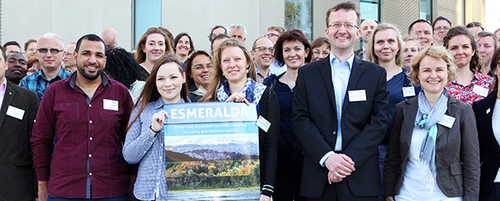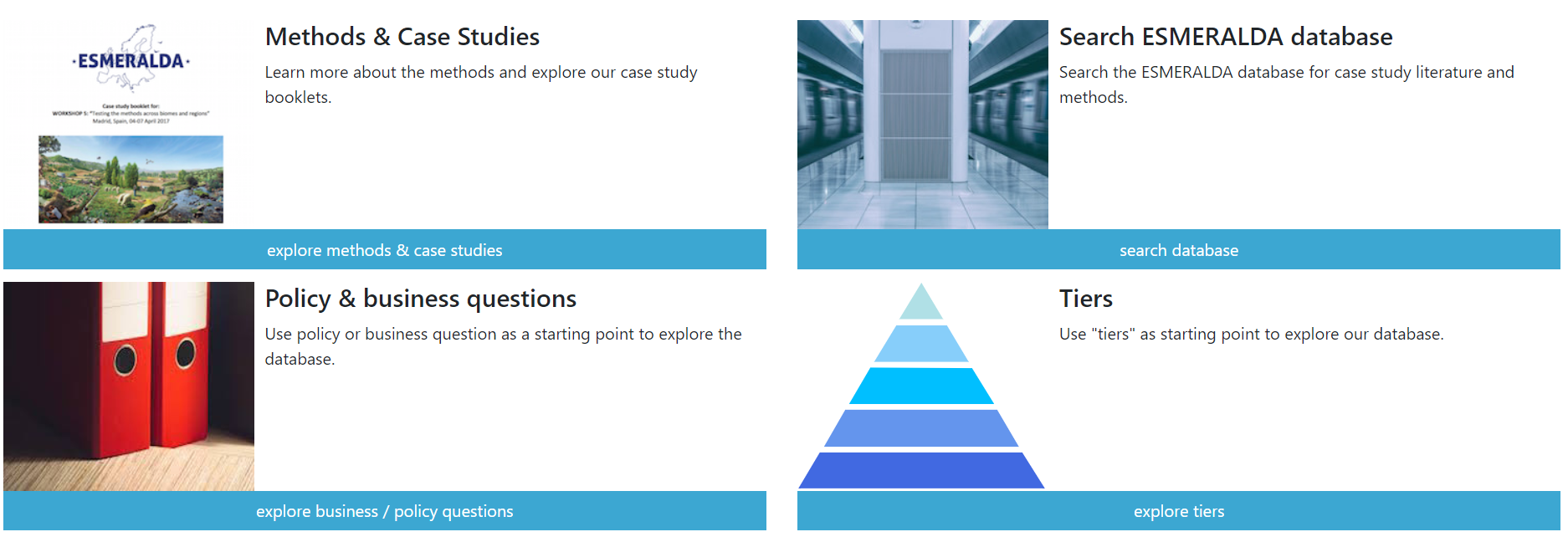Enhancing ecosystem services mapping for policy and decision making
ESMERALDA is a three-and-a-half-year-long EU Horizon 2020-funded collaboration project. Focused on delivering a ‘flexible methodology’ to provide the building blocks for pan-European, national and regional ecosystem services mapping and assessment, ESMERALDA has generated a great deal of research insights and practical solutions on the topic.
About ESMERALDA:
ESMERALDA (Enhancing ecosystem services mapping for policy and decision making) aims to deliver a flexible methodology to provide the building blocks for pan-European and regional assessments. The work helps to ensure the timely delivery to EU member states in relation to Action 5 of the Biodiversity Strategy, supporting the needs of assessments in relation to the requirements ,for example for planning, agriculture, climate, water and nature policy. The project has received funding from the European Union’s Horizon 2020 research and innovation programme under grant agreement No 642007.
The ESMERALDA MAES Explorer:
Another major output of ESMERALDA, the ESMERALDA MAES Explorer, is an online guidance tool that aids decision-makers from policy, science and society to implement Mapping and Assessment of Ecosystems and their Services (MAES) at different levels. MAES can reach from national policy to local spatial planning, businesses or the society at large, who want to support sustainable resource use and understand the condition of ecosystems, their ability to provide services and the socio-cultural and economic values related to them.
The MAES Methods Explorer
On this website you can explore the ESMERALDA methods database. The purpose of this database it to collect the majority of available methods to map and assess ecosystem services. Its aim is also to link those methods to specific ecosystem types as well as ecosystem services.


